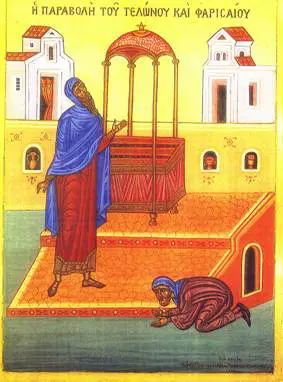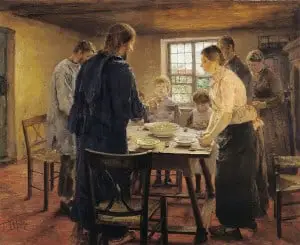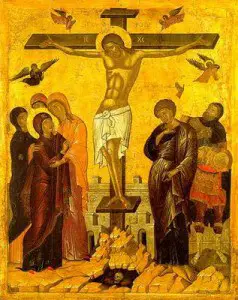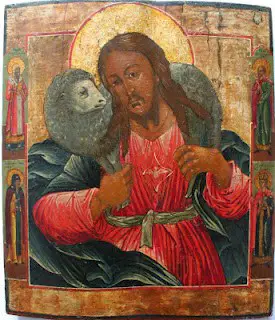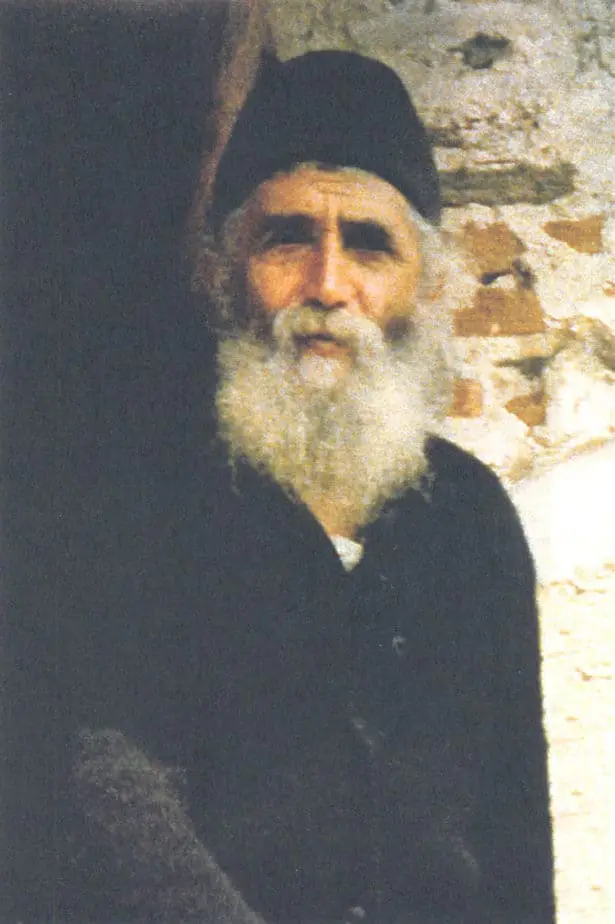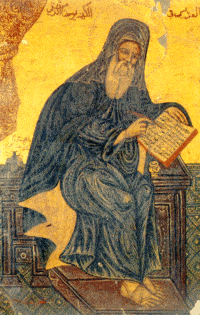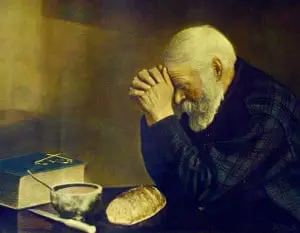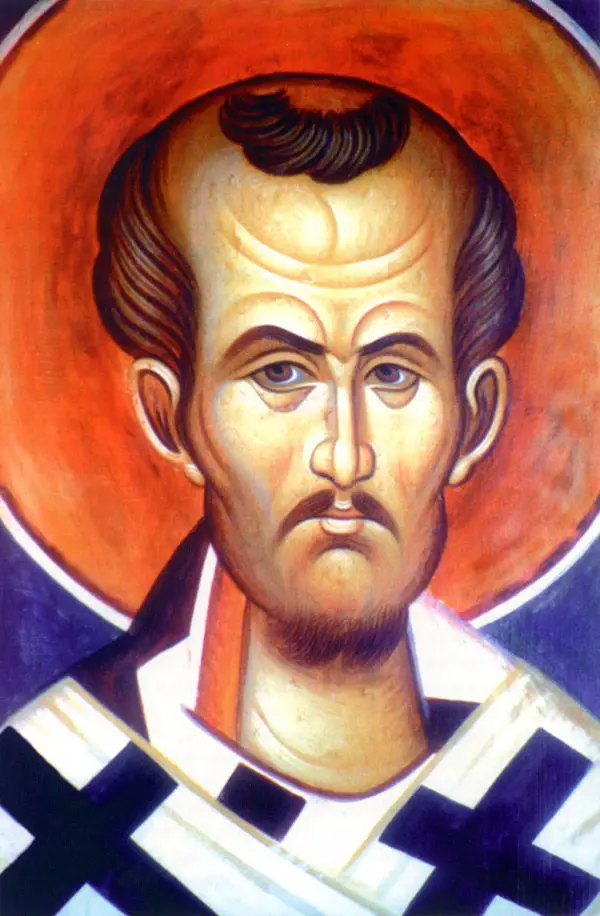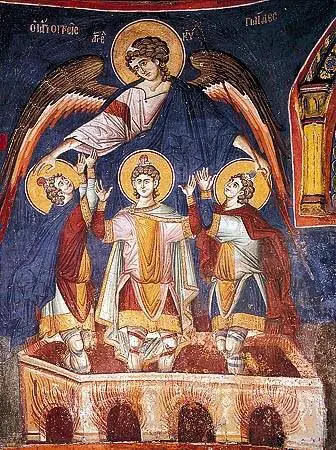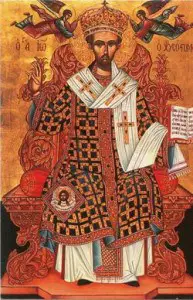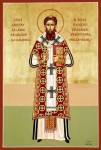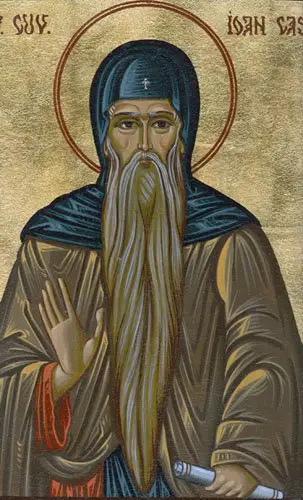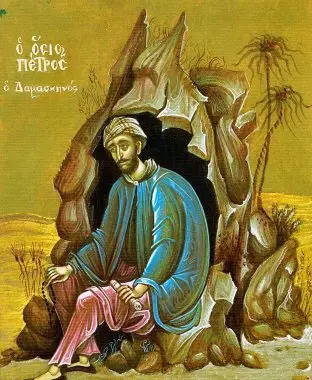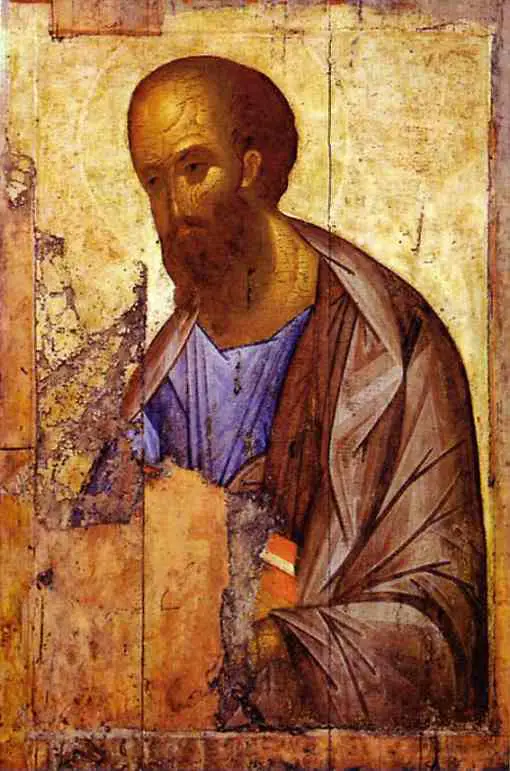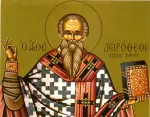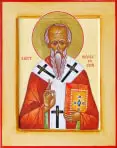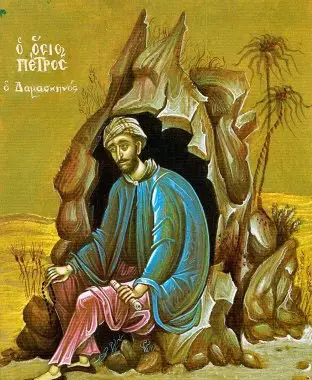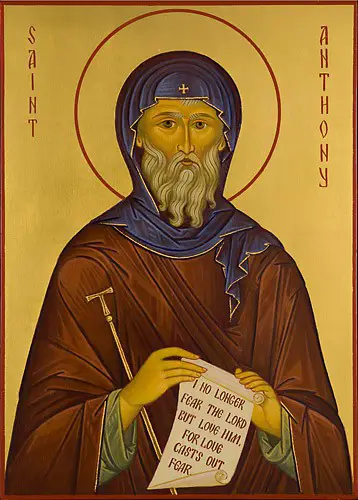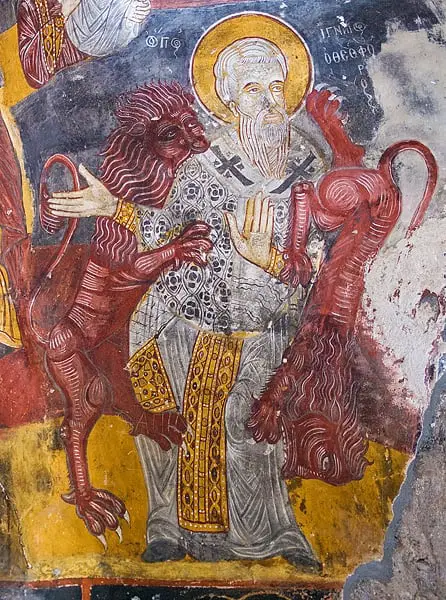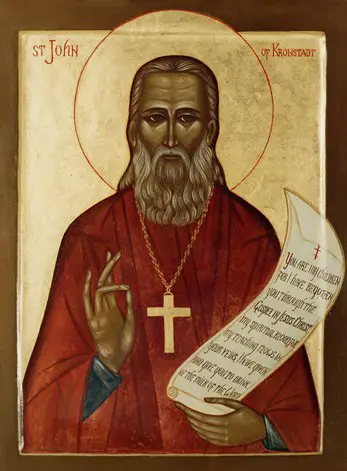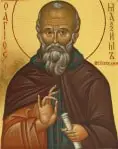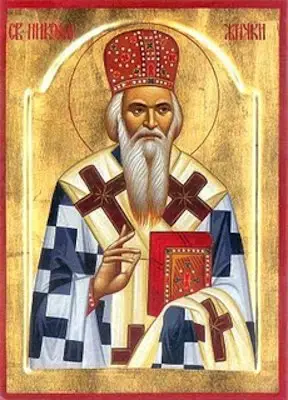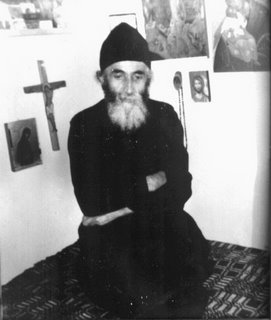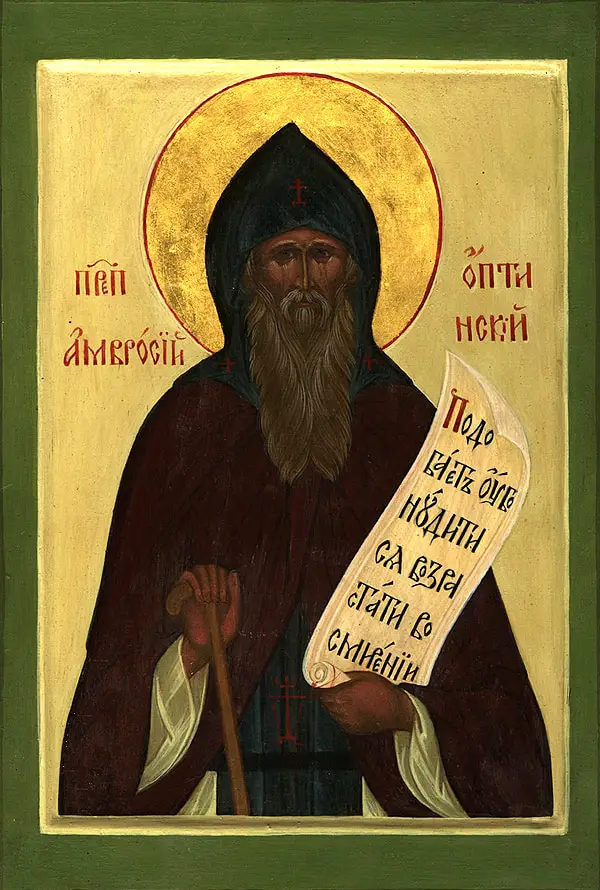St. Nikolai: On the Prayer of the Publican (II)
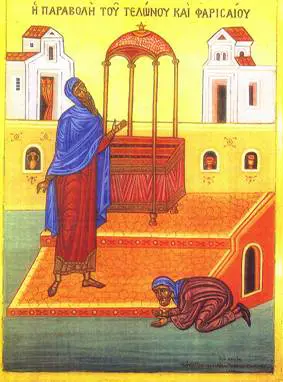
Here is what the Pharisee says: “God, I thank Thee that I am not as other men are.” He is not, in fact, thanking God for this, acknowledging that it is God’s doing that he is not as other men. No; the words: “God, I thank Thee … ” are nothing more than an exclamation, a flattering approach to God so that God will listen to his boast. For, from all that he says, he is not thanking God for anything; on the contrary, he is blaspheming against God by blaspheming against the rest of God’s creation. He is thanking God for nothing; everything that he says about himself is expressed as his own doing, achieved without God’s help. He will not say that he is not an extortioner, an unjust man, an adulterer or a tax-collector because God has preserved him from this by His power and His mercy. In no way; but only because he is what he is in his own assessment: a man of such exceptional type and worth that he has no peer in the whole world.
+ St. Nikolai Velimirovich, “Sunday of the Pharisee and the Publican: The Gospel on True and False Prayer,” Homilies Volume 1: Commentary on the Gospel Readings for Great Feasts and Sundays Throughout the Year

